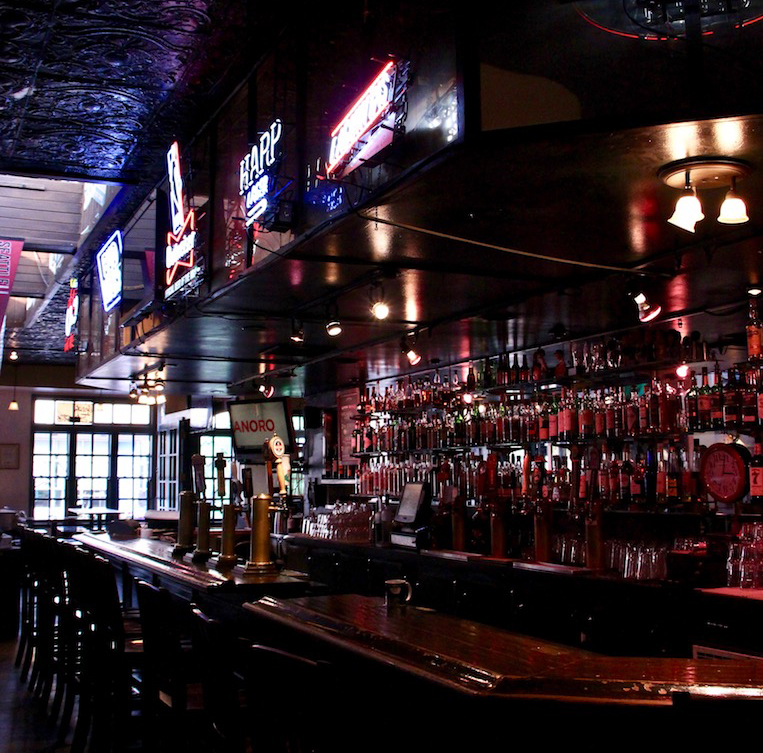Re: Cache the previous page?
C.J. Garibay wrote:
[color=blue]
> I'm pretty sure you can not manipulate a visitor's browser's
> cache settings.[/color]
Correct, you cannot manipulate such settings.
--
Brian (remove ".invalid" to email me)
C.J. Garibay wrote:
[color=blue]
> I'm pretty sure you can not manipulate a visitor's browser's
> cache settings.[/color]
Correct, you cannot manipulate such settings.
--
Brian (remove ".invalid" to email me)


Comment